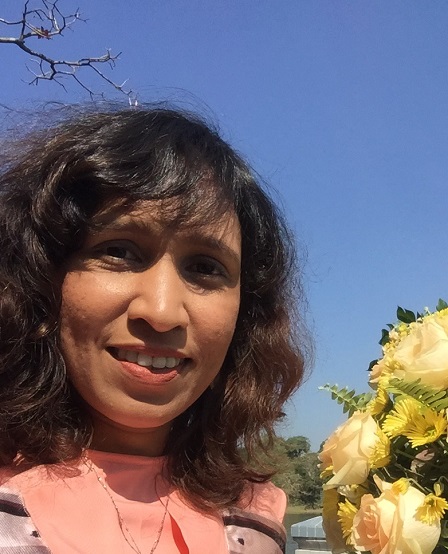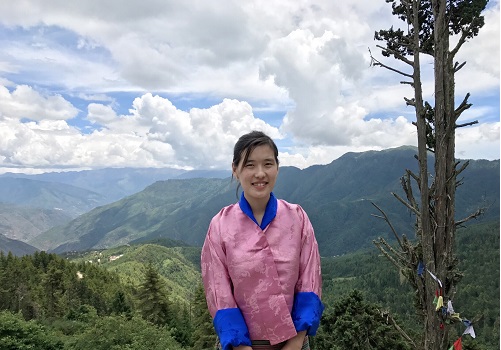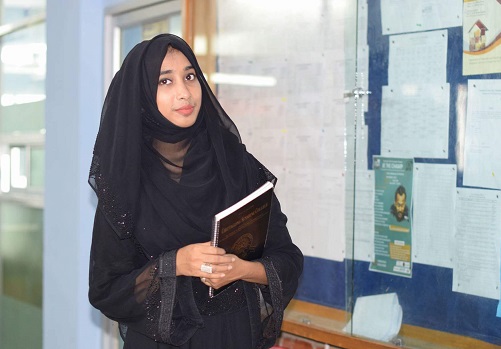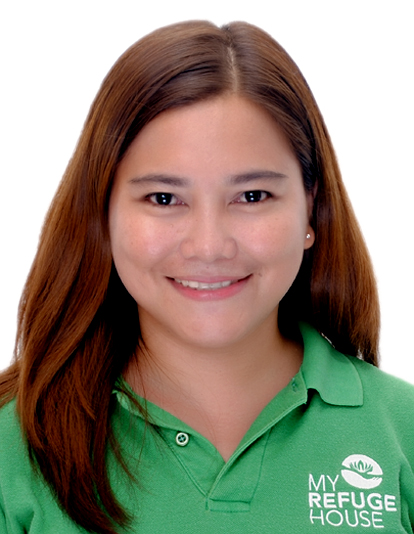In a world where women are structurally and culturally disadvantaged, some strive against all odds to rise above their situations. These undaunted women become leaders in their local communities, breaking stereotypes and boundaries set against them. They serve as valuable members of their societies and as role models for generations of aspiring female leaders to come.
Below are highlights taken from the inspirational stories of four aspiring female leaders in Asia. From setting up a charity-based nursery school, to creating a platform for women’s voices to be heard, to advocating for legal rights for young women, to campaigning for greater awareness about sex-trafficking, they have been actively engaging with their respective local community to make a positive impact. Despite their vastly different backgrounds and aspirations, they are united by a common organization named Wedu, a social enterprise that provides leadership development support to women leaders who have big goals for themselves and their communities.
Empowerment Through Education and Counselling
Growing up in an environment that was not very supportive of girl’s education, Agnes Khaing from Myanmar experienced various forms of discrimination. Despite those setbacks, she has learned to value the importance of education and progressed to post-grad study level with the unwavering support of her amazing mother. Currently studying towards a master’s degree in Counselling Psychology, Agnes is passionate about education and counselling victims of trauma. At one point, she decided to take it further so she founded a charitable nursery school in the Hilong village, Mindat district in the Southern Chin State of Myanmar, to care for more people and spread her passion further.
To read about her full story, click here
Empowerment Through Encouraging Women to Speak up
Coming from Bhutan, Passang wanted to build a community center that serves as a lightning rod for the community to celebrate, learn, and grow together. But she ended up creating much more than that – a platform for women’s voices to be heard.
In the earliest community meetings, the male elders would take much of the conversation space, and the two or three women who contributed would be very shy and just agree with the men. “It wasn’t like they weren’t interested or engaged though,” she explains. “They had so much – their personal stories, their ideas, motivations, and inspirations – to share. I wanted to make sure their voices and ideas were heard.”
Slowly at first, Passang would ask women during the community meetings for their thoughts and opinions. As Passang built her rapport with them and expanded the space for dialogue, women participated more eagerly and with more confidence. The community’s empowered women are only just getting started, as their impact continues to be seen and heard. It started off in small ways like organizing lunches for the construction workers, but the women continued to initiate work themselves and found ways to become a core component to the project’s success. “It’s inspiring and a bit surreal – the community has this new energy in the air and the women are a big part of it.”
To read her full story, click here
Empowerment Through Advocacy for Women’s Legal Rights
When it comes to the issue of violence against women, Chittagong, Bangladesh may not be the first city to come to mind. But ZamZam is looking to change that.
As a 3rd year student studying Law at Southern University Bangladesh, ZamZam has already begun her legacy by launching a campaign, Right to Information, that advocates for legal rights for young women in her community. “We stand up for and advocate for women,” she explains, “but we also want to make sure they’re equipped with the knowledge to stand for themselves by educating them about their legal rights under Bengali law.”
ZamZam completed her first year in Wedu’s Leadership Development Program where she has learned the value of having a mentor. “She’s taught me how to be resilient to challenge,” she says. “I’ve experienced some very challenging times in the past where I didn’t know how to react, and I felt everything fall apart. My mentor has taught me to how to change challenge to opportunity, and how those moments are building blocks to a positive future.”
To read her full story, click here
Empowerment Through Breaking the Silence and Stopping the Violence
As a social worker from the Philippines who serves as the Director of Program and Operations for My Refuge House, Rose Ann has worked on issues such as abuse, violence, and human trafficking that is prevalent amongst women and children in Cebu. Inspired by her work at My Refuge House, Rose Ann redoubled her efforts for iSpeak after being awarded US$1000 for winning the WLA Virtual Pitch Competition.
iSpeak, as the name suggests, is a call for people to speak up against violence, abuse, and human trafficking. It is a campaign that aims to educate and promote awareness about issues relating to sex-trafficking and abuse.
A novel and innovative way of confronting the problem of human trafficking, iSpeak was not a campaign born out of nowhere. In her first two years working at My Refuge House, Rose Ann’s interactions with the community in Cebu revealed how misinformed people were about the horrors of sexual abuse and sex trafficking. She shared the story of a girl who was trafficked by her mother and stepfather who thought she was doing the right thing as she was helping to feed the family.
“That was the moment I realized that caring for these girls was not enough. We needed people to raise awareness, advocate, and educate, to prevent these abuses from even happening,” says Rose Ann. By empowering families and communities to take an active role in protecting their children instead of exploiting them, these can be prevented from the very beginning.
To read her full story, click here
This post was sponsored by Wedu. To learn more about Wedu and what it’s been doing to empower female leaders in Asia visit weduglobal.org





Inspiring stories of women disrupting the world – thanks for sharing and bringing such amazing stories to light.